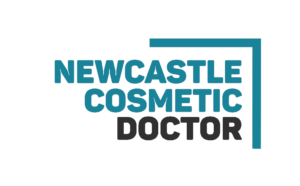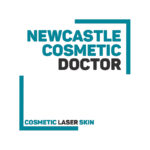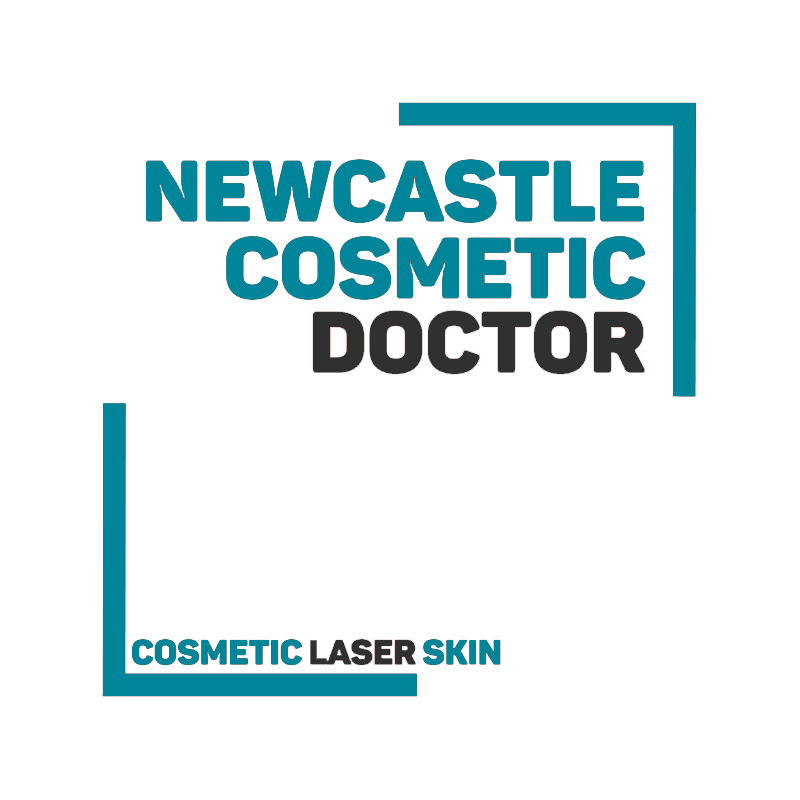Newcastle Cosmetic Doctor (NCD) is committed to maintaining the highest standards of infection prevention and control. This policy is based on national and state health guidelines and regulatory requirements. It ensures that all cosmetic injectable and laser procedures are carried out safely to protect patients, staff, and the community.1 2 3 4 5 6
1. Governance & Responsibilities
All staff are trained in infection prevention practices on induction and annually. The senior medical practitioner is accountable for infection control oversight. Staff must comply with NSW Health and NHMRC infection control standards. 1 2
2. Hand Hygiene & Personal Protective Equipment (PPE)
All staff follow the ‘5 Moments of Hand Hygiene’ model and use appropriate PPE (gloves, masks, protective eyewear) for procedures. Hand hygiene audits are conducted regularly. 1 6
3. Aseptic Technique for Injectables & Laser
All injectable and laser procedures are conducted using aseptic technique. Skin is prepared with 70% isopropyl alcohol or chlorhexidine in alcohol prior to injections. Sterile, single-use needles and syringes are used for every patient. 1 4
4. Cleaning, Disinfection & Sterilisation
Reusable instruments (e.g., cannulas where applicable) are sterilised using an autoclave compliant with AS/NZS 4187. Environmental surfaces are cleaned with hospital-grade disinfectant between patients. 2 6
5. Sharps & Waste Management
Sharps are disposed of immediately after use in AS4031-compliant sharps containers. Clinical waste is segregated and disposed of according to NSW Health policy. 2
6. Outbreak & Exposure Management
Any suspected infection outbreak is reported to NSW Health. Staff exposure incidents (e.g., needlestick injury) are managed under NSW Health exposure protocols, including baseline testing and follow-up. 2 5
7. Patient Education & Aftercare
Patients receive clear aftercare instructions to minimise infection risk (e.g., avoiding makeup for 24 hours, not touching injection sites). Patients are advised to report signs of infection (increasing redness, swelling, discharge) promptly. 4
8. Monitoring & Continuous Improvement
NCD conducts regular audits of infection control practices and participates in clinical governance reviews. All adverse infection-related events are logged, investigated, and reported as required to the TGA and HCCC. 5 6
Sources
- NHMRC 2019, Australian Guidelines for the Prevention and Control of Infection in Healthcare, NHMRC, viewed 3 Oct 2025, https://www.nhmrc.gov.au/guidelines-publications/cd33 ↩︎
- NSW Health 2020, Infection Prevention and Control Policy Directive, NSW Health, viewed 3 Oct 2025, https://www.health.nsw.gov.au/policies/pd/2020/PD2020_038.html ↩︎
- Ahpra 2025, Guidelines for non-surgical cosmetic procedures, Australian Health Practitioner Regulation Agency, viewed 3 Oct 2025, https://www.ahpra.gov.au/News/2025-01-31-Guidelines.aspx ↩︎
- Medical Board of Australia 2023, Cosmetic procedures guidelines, Medical Board of Australia, viewed 3 Oct 2025, https://www.medicalboard.gov.au/Codes-Guidelines-Policies/Cosmetic-surgery-guidelines.aspx ↩︎
- HCCC NSW 2025, Infection control complaints oversight, Health Care Complaints Commission NSW, viewed 3 Oct 2025, https://www.hccc.nsw.gov.au/ ↩︎
- ACSQHC 2021, National Safety and Quality Health Service Standards (NSQHS) – Infection Control, Australian Commission on Safety and Quality in Health Care, viewed 3 Oct 2025, https://www.safetyandquality.gov.au/standards/nsqhs-standards ↩︎


